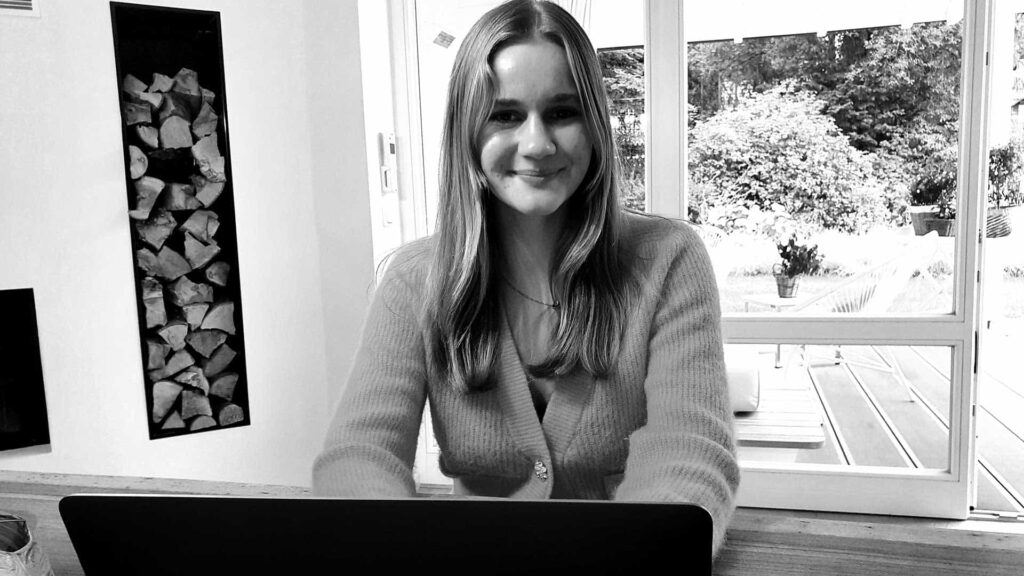Journalists and PR Advisors ultimately aim to create and publish a good story that interests their target audience. Why, then, is the relationship between journalists and PR consultants a love/hate one? This ultimately boils down to how PR Advisors and journalists treat each other. Often, a lack of empathy, mutual respect and misinformation can overshadow their shared goal.
A lack of empathy and mutual respect can manifest if a PR Advisor does not work around the media’s processes. Working around these can include planning pitches and media releases according to publishing deadlines to ensure that the journalists have enough time to do their work. By not respecting and empathising with media working processes, journalists can often feel like their needs and working times are not being respected, ultimately pushing them away.Another point of tension in the relationship between journalists and ultimately pushing the media releases irrelevant to the journalist’s area of expertise. Journalists like knowing that the PR consultant researched them and knew their area of knowledge and the previous work they published. Sending journalists information, not in their area conveys the impression of being misinformed.
While journalists can also gain from the public their area of expertise and previous work in the proper manner. Here are some tips for how to create a relationship that’s more love than hate:
- Do not put pressure on anyone. If a journalist does not consider the story relevant or enticing, do not pressure them to publish the story or criticise them for not doing so.
- Show mutual respect by considering daily schedules. Take publishing deadlines into account, giving the journalist enough time to read the story and write a good cover.
- PR consultants should make sure that their story is an interesting one and that they don’t mix marketing (selling products/services) with PR (what’s the story behind the product/service? Why does it make the world better? What’s in it for the people using it? etc.)
- Cooperation with journalists should be based on a good partnership consisting of empathy, mutual respect, and knowledge about the other person.
- Always communicate openly and regularly with journalists. Make sure to present information that is credible and correct transparently. After giving said information, ensure the journalist can reach out with further questions.
While the relationship between PR consultants and journalists is typically a love/hate relationship, it does not have to be. Thus, practicing the above tips can help ease tensions and ensure the best possible collaboration to reach their shared goal.
Guest writer: Charlotte Mummert (Trainee, studies History and International Relations at the King’s College in London)
